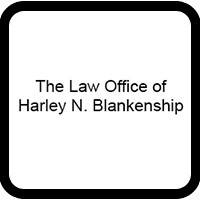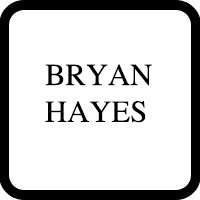 Masonic Home Criminal Lawyers, Kentucky
Masonic Home Criminal Lawyers, Kentucky
Sponsored Law Firm
-
 x
x

Click For More Info:
-
Larry Forman Law, PLLC
138 South Third Street, Suite 209 Louisville, KY 40202» view mapDUI, Car Accident, Criminal Defense Top Rated Kentucky DUI Defense Lawyer
I understand the need to prepare a strong defense and takes every case seriously and personally. I will fight to get you justice. I offer free consultations, contact me today.
800-926-1391
Sponsored Lawyers
1-10 of 28 matches
Family Law, Criminal, Medical Malpractice, Divorce, Personal Injury
Originally from Atlanta, Georgia, Mr. Tibbs considers himself a Louisvillian, having lived here for two decades and counting. He first came to town to attend the University of Louisville on a debate scholarship in 1994. In his first year as a team member, he finished in the semi-finals of the Collegiate Novice National Debate Tournament held at Northwestern University. Mr. Tibbs served on the team for three years before moving into a position as assistant coach. After graduating with a Degree in Business Management, he attended the Brandeis School of Law and the University of Louisville Graduate Business School. In 2001, he received his MBA from the University of Louisville and graduated from the law school in 2003. In law school. Mr. Tibbs was a member of the National Criminal Law Moot Court team. While in law school, he was the first African-American to win the Pirtle-Washer Moot Court Competition. Pirtle-Washer is the law school’s “oldest and most prestigious moot court competition,” and his achievement here speaks to his skill as a well-prepared and impassioned trial lawyer. After graduation, Mr. Tibbs became a member of the Adult Trial Division of the Louisville Metro Public Defender’s Office, successfully defending clients charged with complex felonies. Mr. Tibbs has tried over 40 cases in the District and Circuit courts of the Commonwealth of Kentucky. He has received seven Walker Awards for excellence in advocacy (awarded only when a client is acquitted of all charges in a felony trial in circuit courts). In October of 2008, Attorney Tibbs was promoted to Deputy Chief of the Adult Trial Division, becoming Chief of that division in July 2010. He was selected out of a national pool to attend the National Criminal Defense College Trial Practice Institute at Mercer University in Macon, Georgia, graduating in 2007. In 2008, Mr. Tibbs received the prestigious Frank E. Haddad, Jr. Young Lawyer of the Year Award, given to the top lawyer under 35 in Louisville. He is a member of several civic and professional legal organizations including the Louisville Black Lawyers Association, NAACP, National Association of Criminal Defense Lawyers, and Kentucky Association of Criminal Defense Lawyers. Mr. Tibbs is also a member of the Louis D. Brandeis American Inn of Court. In his spare time, he is the Assistant Mock Trial Coach for duPont Manual High School in Louisville, Kentucky.
(more)Criminal, Estate, Real Estate
Harley Blankenship is a practicing lawyer in Louisville, KY after being admitted to the Kentucky Bar in 1970. He received his Juris Doctor in 1970 from The University of Louisville Louis D. Brandeis School of Law.
(more)Criminal, Divorce & Family Law, Expungement
Bryan Hamilton Hayes is a practicing lawyer in the state of Kentucky handling criminal defense and family law cases.
(more)


 Larry Forman Louisville,KY
Larry Forman Louisville,KY About UsLarry Forman
About UsLarry Forman Contact UsCall or Email Now
Contact UsCall or Email Now



